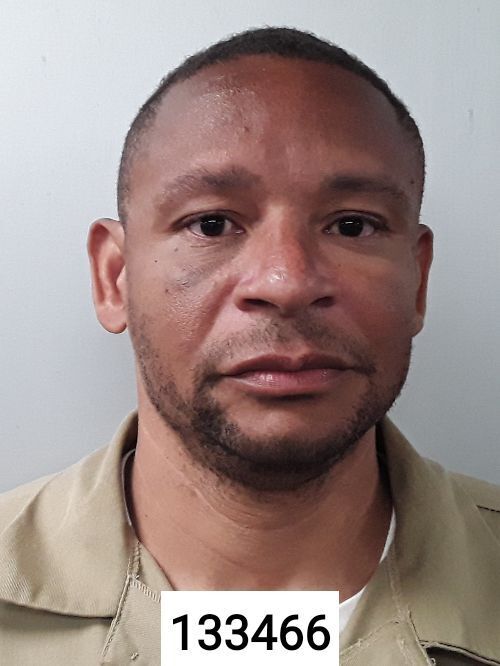Ky. Supreme Court upholds BG man’s murder conviction
Published 6:00 am Monday, February 26, 2024

- Antonio Wilson
The conviction and 35-year sentence of a Bowling Green man tried in connection with the death of a man killed at his business has survived an appeal.
The Kentucky Supreme Court affirmed the conviction of Antonio Marsonel Wilson, 44, on a count of murder by complicity.
Wilson was accused of hiring Jeffrey Smith to kill Smajo Miropija, 49, of Bowling Green, at Mega Transport, the Porter Pike business Miropija owned, on Feb. 8, 2019.
At Wilson’s trial in Warren Circuit Court in 2022, evidence emerged that he had been in a physical confrontation with Miropija, who was the father of Wilson’s then-girlfriend, days before the slaying.
Miropija’s body was found badly burned, and an autopsy determined his death was due to asphyxiation by strangulation.
Smith, who is serving a 20-year sentence after pleading guilty to murder, testified that he had been shown the location of Mega Transport by Wilson a day before the killing, and on the day of the incident, he drove to the business after being taken by Wilson to a truck owned by Miropija and then was brought back to Mega Transport after the homicide by Wilson to burn the body.
Wilson appealed his conviction on three grounds, and the state supreme court ruled against Wilson in each instance.
Wilson bought a plane ticket to the Philippines the day after the killing, and he remained there for several months until being taken into custody.
Wilson argued that the trip should not have been introduced as evidence at his trial, saying that it unduly prejudiced the jury against him.
The supreme court, however, found that the plane ticket showed proof of Wilson’s consciousness of guilt, and was relevant as trial evidence.
Wilson was also permitted at trial to present an alternative explanation for buying the plane ticket, which his attorneys argued he did to visit a relative after he was upset that his girlfriend doubted his assertion he was not involved in Miropija’s death.
“He booked the trip despite having a separate trip already planned with (his girlfriend) for the same timeframe, and on the same day police asked him to come in for an interview,” the state supreme court’s ruling said.
The high court also ruled against Wilson in his assertion that cell tower location data for two phones connected to him should not have been introduced at trial.
FBI Special Agent Kevin Horan testified that cell tower data showed that Wilson could have been in the general area of the homicide at the time it took place.
Wilson argued that Horan’s evidence was unreliable, but the supreme court found no evidence of that assertion and noted that Wilson’s defense team presented an expert witness to counter Horan’s testimony on cell tower data, allowing the jury to consider both competing experts.
“Moreover, Special Agent Horan specifically informed the jury that he could provide only general estimates rather than pinpoint-precise proof of the cell phone locations,” the supreme court’s ruling said.
Finally, Wilson said the jury should have been able to consider a verdict on either second-degree manslaughter by complicity or facilitation.
The jury was instructed on complicity and facilitation verdicts for murder and first-degree manslaughter.
Wilson relied on Smith’s testimony that he did not intend to kill Miropija when he attacked him and only meant to render him unconscious to show that there was a lack of intent on Wilson’s part to cause Miropija’s death.
However, the supreme court found that any change of heart Smith may have had during his attack was not relevant when determining Wilson’s level of criminal liability.
“It is Wilson’s state of mind rather than Smith’s that determines the level of Wilson’s criminal complicity liability,” the supreme court said in its ruling. “There was no evidence Wilson enjoyed a similar change of heart.”
The high court also found no evidence that Smith did not intend to at least seriously injure Miropija, so no juror could have found that Smith acted wantonly and without intent during the attack.




